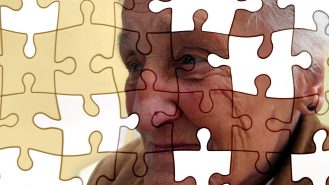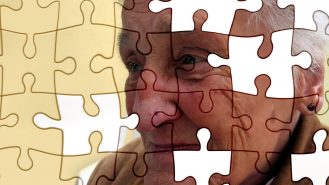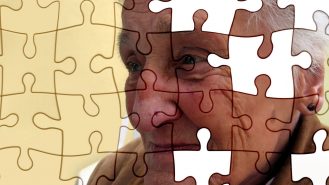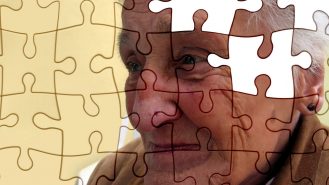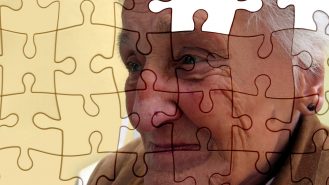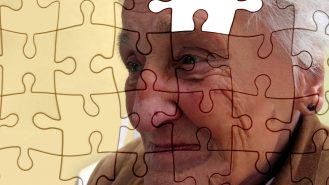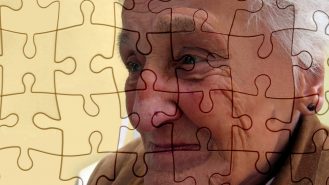- Home page
- What is U3A?
- Course Structure
- 2025 Timetable
- 2025 Courses
- Enrolment
- Interest Groups
- Annual Fee Form
- Earlier Courses
- Contact Us
- Notices for Members
- U3A Okeover Annual Report 2024
- U3A Okeover Financial Statements 2024
- UC Māpura Bright Start Scholarship
- Guide for Course Presenters
- Guide for Course Organisers
What Constitutes a Meaningful Life?
In our lifetime New Zealand’s population has become culturally and spiritually diverse. No longer is it almost solely Christian. Your neighbour today may be Muslim, Buddhist, a Sikh, Confucian, or Baha’i and there is a growing likelihood that they will have no religious affiliation at all! So what do the various religions or secular beliefs mean in terms of what makes life meaningful to the person living it?
Four speakers, from different religious or philosophical backgrounds will present their view of the World and in so doing share their views on five central issues allowing us to see the similarities and differences between them.
1. The creation of the Universe.
2. The existence and nature of any supernatural being.
3. Communing, as in prayer or meditation with a non-physical presence.
4. An afterlife and the forms it takes.
5. Worship, rituals, spiritual leadership, a basis in scripture.
The question is, “Just how do people’s beliefs influence the way they live and in a manner that is meaningful for them?” An interesting question, eh?
The Rise of China – an Overview
Alan Blackburn has an MA Hons. in Geography from Otago University. He has travelled extensively in China and has developed an academic interest in ‘China’s Rise’. He attributes his interest in the Asian sphere to the late Ron Lister (Otago Geography professor) and courses run under the leadership of Prof. Angus Ross.
Chocolate: Food of The Gods and Elixir of Empire
Cacao beans were used thousands of years ago to make drinking chocolate and as currency. In the early 17th century they were used to make a beverage for the aristocracy of continental Europe. In time, its use spread to European coffee houses. Edible chocolate was initially of a dark form; milk chocolate came into manufacture at a later stage. Well-known English companies, such as Cadbury, Fry and Rowntree, had their origins in the 19th century. Whittaker’s dates its chocolate from 1896. Frieda Looser teaches in the Academic Skills Centre of the University of Canterbury. She has tutored and lectured in a number of University courses since 1990. She has two books which were published by the Canterbury University Press in 2002. She has led five UC history study tours to Britain from 2006-2010, and her own study tours to the Highlands and Scottish Islands, Normandy, Brittany, Ireland and Spain. She is leading a study tour to Wessex in the south of England in 2017.
Music In Our Midst
Music is a fundamental form of both personal and cultural expression. This course taps into our local music scene to explore various ways that music is shared in our community.
Criminology
In this course you will be exposed to the varied behaviours considered deviant, the nature of deviance and the laws and institutions that are intended to control deviant acts. Themes will include the definition of deviance, the structure of deviant careers, an understanding of the criminal mind, the law and its enforcement, recidivism and initiatives undertaken to reform criminal behaviour.
The New Dynamics for Christchurch
As we go into the second five-year period of Christchurch’s recovery who will be the key figures and institutions? To provide some of the answers we have arranged five interesting lecturers to talk to us, four of whom are in recent appointments.
Poverty’s effect on New Zealand’s pre-schoolers
So many youth are in prison in New Zealand. Yet the early years shape the child’s future! Our first two speakers will present the effects of poverty on the health and development of the child. The third session will outline the work of Child, Youth & Family, the fourth with the pros and cons of adoption and discussion of reform of adoption law and the last with the work of Barnardos.
